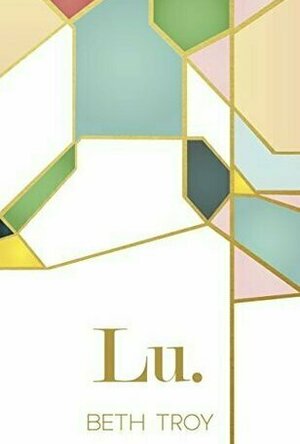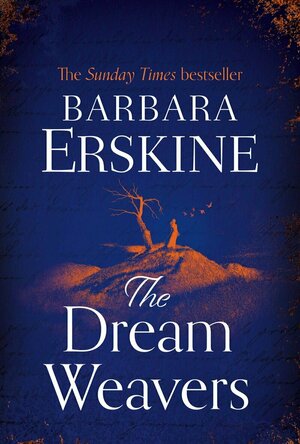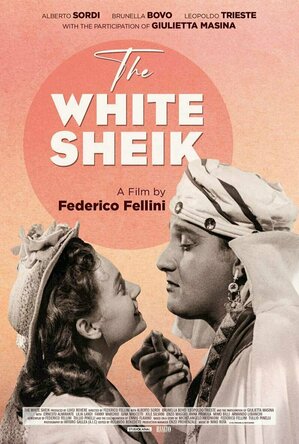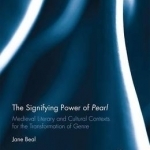
The Signifying Power of Pearl: Medieval Literary and Cultural Contexts for the Transformation of Genre
Book
This book enhances our understanding of the exquisitely beautiful, fourteenth-century, Middle...
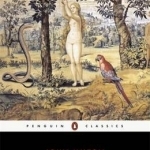
Paradise Lost
Book
John Milton's celebrated epic poem exploring the cosmological, moral and spiritual origins of man's...
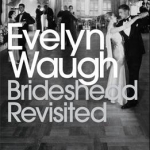
Brideshead Revisited: The Sacred and Profane Memories of Captain Charles Ryder: Sacred and Profane Memories of Captain Charles Ryder
Book
Brideshead Revisited is Evelyn Waugh's stunning novel of duty and desire set amongst the decadent,...
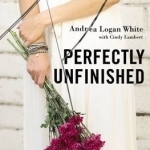
Perfectly Unfinished: Finding Beauty in the Midst of Brokenness
Andrea Logan White and Cindy Lambert
Book
Andrea Logan White appeared to be living the "American dream" or what many would call a "perfect...
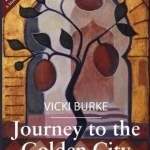
Journey to the Golden City: Finding the Way Home
Book
Journey to the Golden City: Finding the Way Home is a pilgrimage, the destination is the heart....
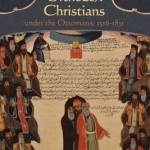
Arab Orthodox Christians Under the Ottomans 1516-1831
Samuel Noble, Constantin Alexandrovich Panchenko and Brittany Pheiffer Noble
Book
Following the so called "Arab Spring" the world's attention has been drawn to the presence of...
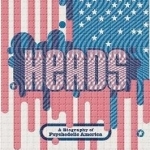
Heads: A Biography of Psychedelic America
Book
Heads: A Biography of Psychedelic America uncovers a hidden history of the biggest psychedelic...
TravelersWife4Life (31 KP) rated Lu. (Modern Faith, #1) in Books
Feb 23, 2021
The story of Lu was interesting. Beth Troy wrote the story in a way that made me feel like I was Lu; that I was the person going through struggles and learning to work through them. Lu is a strong character who knew what she wanted in life (or thought she did), she is a very dedicated person; someone dedicated to finding the truth, not just accepting what others tell her. Lu’s thought process was very realistic, and her thoughts were something that most of us think at one point or another in our lives, but that we very rarely voice. Beth Troy did a great job of giving voice to those thoughts and showing that there is a time for every season in life.
I do wish that the ending of the book had been a bit different. I wanted Lu to not make the choices that she did, however, I understand that Beth Troy was showing that we all make mistakes and wrong choices in life. But that God will be there for us always, through the good choices and the bad.
I give this book 4 out of 5 stars for the frank spiritual battles, the well-developed storyline, and most of all for Lu.
*This book does contain some mild swearing, and some sexual content (nothing detailed, just implied). I do not particularly care for it, however, that stuff happens all around us. It is naïve of us to think otherwise. I relate it to how Rachel Hauck uses those elements of real life in her books to depict life without Jesus.
**I volunteered to read this book in return for my honest feedback. The thoughts and opinions expressed within are my own.
ClareR (6067 KP) rated The Dream Weavers in Books
Apr 25, 2021
Simon is writing a book of Anglo-Saxon history, and starts to hear a woman calling a name outside his rented cottage. When he goes out to look, no one is there.
The cottage owner brings in her local spiritual advisor, Bea, who hopes to put the ghost outside to rest. This is only the beginning.
The timelines alternate between King Offa’s daughter, Eadburh, and Bea’s life in Hereford with her husband who is a priest at the cathedral.
I honestly didn’t think I’d enjoy this - but I really did! It uses religion without being overly religious, and the same goes for the more Pagan elements. It was a a really interesting, highly readable book. I haven’t read much about the history around King Offa’s time, so I enjoyed the opportunity to do that. It was a book that was difficult to put down - except that was done for me, as I read a stave a day on The Pigeonhole! It’s a big book, but it really didn’t feel that way. It sent me off on little internet searches as well - namely Anchorites, and what types of dogs Anglo-Saxons kept as pets (and whether they did or not!). I like a book that interests me enough to read around it!
This is definitely one for the historical fiction fans, especially those that like a bit of the magical element as well. I loved reading it!
Many thanks to The Pigeonhole, and to HarperCollins for giving me access via NetGalley for an honest review.
